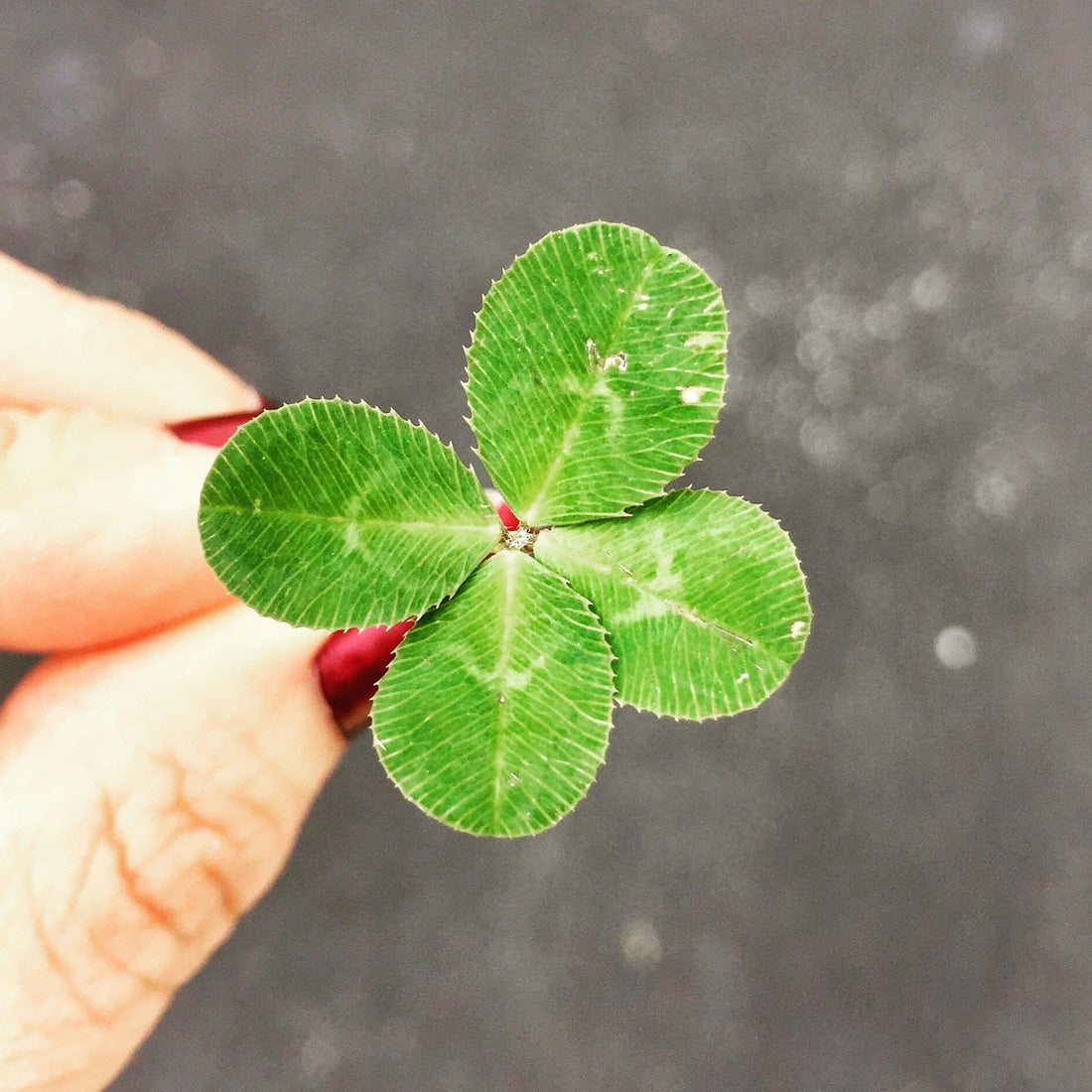Dubbed as the "Emerald Isle", Ireland is not only known for its lush green landscapes and rich cultural heritage but also for its growing prominence in the realm of sustainable fashion. In this article, we will delve into the captivating world of Eco-friendly fashion in Ireland, exploring how this movement is reshaping the country's fashion industry while embracing environmental consciousness.
Introduction to Sustainable Fashion in Ireland
Sustainable fashion entails a commitment to ethical practices that prioritize environmental sustainability, fair trade, and conscious production processes. In recent years, Ireland has witnessed a surge in the adoption of sustainable fashion principles by both designers and consumers.

Historical Significance of Shamrocks in Irish Culture
Shamrocks, the iconic three-leaf clovers, have long been synonymous with Irish culture, symbolizing luck and prosperity. Their significance extends beyond folklore and superstition, influencing the incorporation of natural elements in Eco-friendly fashion.
Eco-Friendly Practices in the Fashion Industry
The fashion industry has been notorious for its detrimental environmental impact due to factors like waste generation and harmful chemicals. However, sustainable fashion promotes Eco-friendly practices such as ethical sourcing, up-cycling, and waste reduction.
Rise of Sustainable Fashion in Ireland
Driven by a collective desire to mitigate climate change and promote ethical consumption, Ireland has witnessed a remarkable rise in sustainable fashion initiatives. Designers and brands are increasingly integrating Eco-friendly practices into their creative processes.

Benefits of Eco-Friendly Fashion
Embracing sustainable fashion not only contributes to environmental conservation but also fosters social responsibility and supports ethical labor practices. By choosing Eco-friendly clothing, individuals can make a positive impact on both the planet and society.
Popular Eco-Friendly Materials Used in Irish Fashion
From organic cotton and hemp to recycled polyester and linen, Irish fashion designers are exploring a diverse range of sustainable materials to create stylish yet Eco-conscious garments. These materials prioritize both aesthetics and environmental sustainability.
Consumer Awareness and Demand for Sustainable Fashion
Irish clothing consumers are increasingly recognizing the importance of sustainability in their purchasing decisions, driving demand for Eco-friendly fashion products. This shift in consumer behavior signals a growing preference for ethical and environmentally responsible brands.

Challenges Faced by the Sustainable Fashion Industry in Ireland
Despite the positive momentum towards sustainable fashion, challenges such as high production costs, limited access to sustainable materials, and consumer perception barriers pose obstacles to the industry's widespread adoption.
Government Support and Initiatives for Eco-Friendly Fashion
The Irish government has taken proactive steps to support the growth of sustainable fashion through funding initiatives, regulatory frameworks, and partnerships with key stakeholders. These efforts aim to foster a more sustainable and ethical fashion ecosystem.
Impact of Sustainable Fashion on the Economy and Environment
The transition to sustainable fashion not only benefits the environment by reducing carbon emissions and waste but also has a positive economic impact by creating opportunities for local artisans, promoting circular economy practices, and fostering innovation.

Future of Sustainable Fashion in Ireland
With a strong foundation of Eco-friendly practices and a growing community of sustainable fashion advocates, the future of sustainable fashion in Ireland looks promising. Continued innovation, education, and collaboration will drive the industry towards greater sustainability.
Conclusion
As Ireland embraces the ethos of sustainable fashion, the convergence of style and sustainability heralds a new era of conscious consumption and environmental stewardship. By supporting Eco-friendly fashion practices, we can all contribute to a more sustainable future for generations to come!














